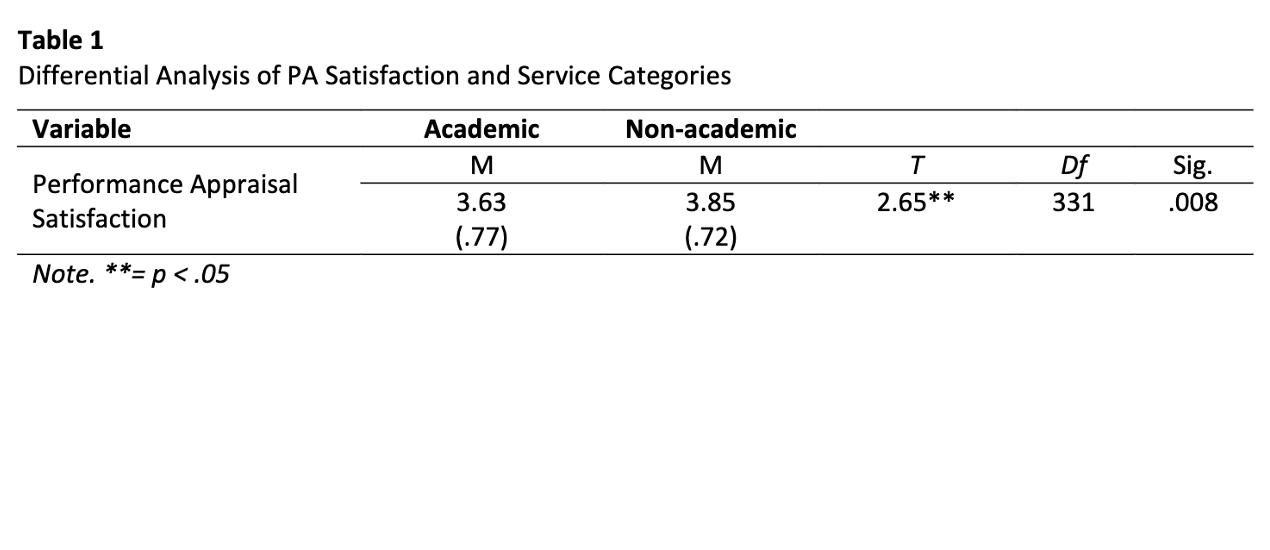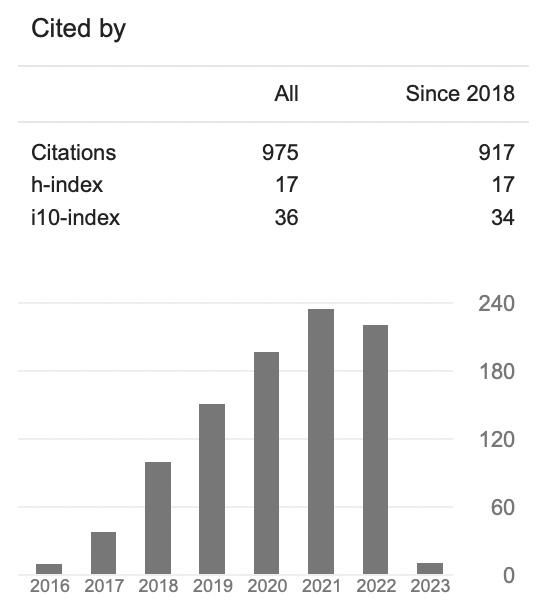The Development Model of Performance Appraisal Satisfaction in Relation to Organizational Justice: Evidences from Public Higher Educational Institution
Keywords:
performance appraisal satisfaction, public higher educational institution, organizational justiceAbstract
Performance appraisal (PA) plays a vital role in the development and evaluation process of all employees. Thus, the satisfaction of employees towards PA implementation is essential to be explored. Given that, the components of PA satisfaction model may become salient to be investigated. Hence, this study aims to investigate the effects of employee’s perceptions of organizational justice (OJ) on PA satisfaction. The effects of four dimensions of OJ on PA satisfaction have been examined. The differences in perceived OJ and PA satisfaction between the academic and non-academic staff have been revealed. This study utilized the survey (questionnaire) method. Data were gathered from 340 respondents (academic and non-academic staff) from one of the public higher educational institution in Malaysia. Results presented a significant difference in PA satisfaction between the academic and non-academics staff. However, no significant difference in perceived OJ existed between the two categories of staff. There was a strong correlation between overall justice and PA satisfaction (r=.832, p=.000). In detail, distributed justice (r=.628, p=.000), and procedural justice (r=.728, p=.000) were positively and significantly correlated with PA satisfaction. Also, interpersonal justice (r=.793, p=.000), and informational justice (r=.790, p=.000) were positively and significantly correlated with PA satifaction. Therefore, all justice dimensions including distributive, procedural, interpersonal and informational justice should be well-enforced in the public higher educational institution. Theoretical and practical implications of the results are discussed.













